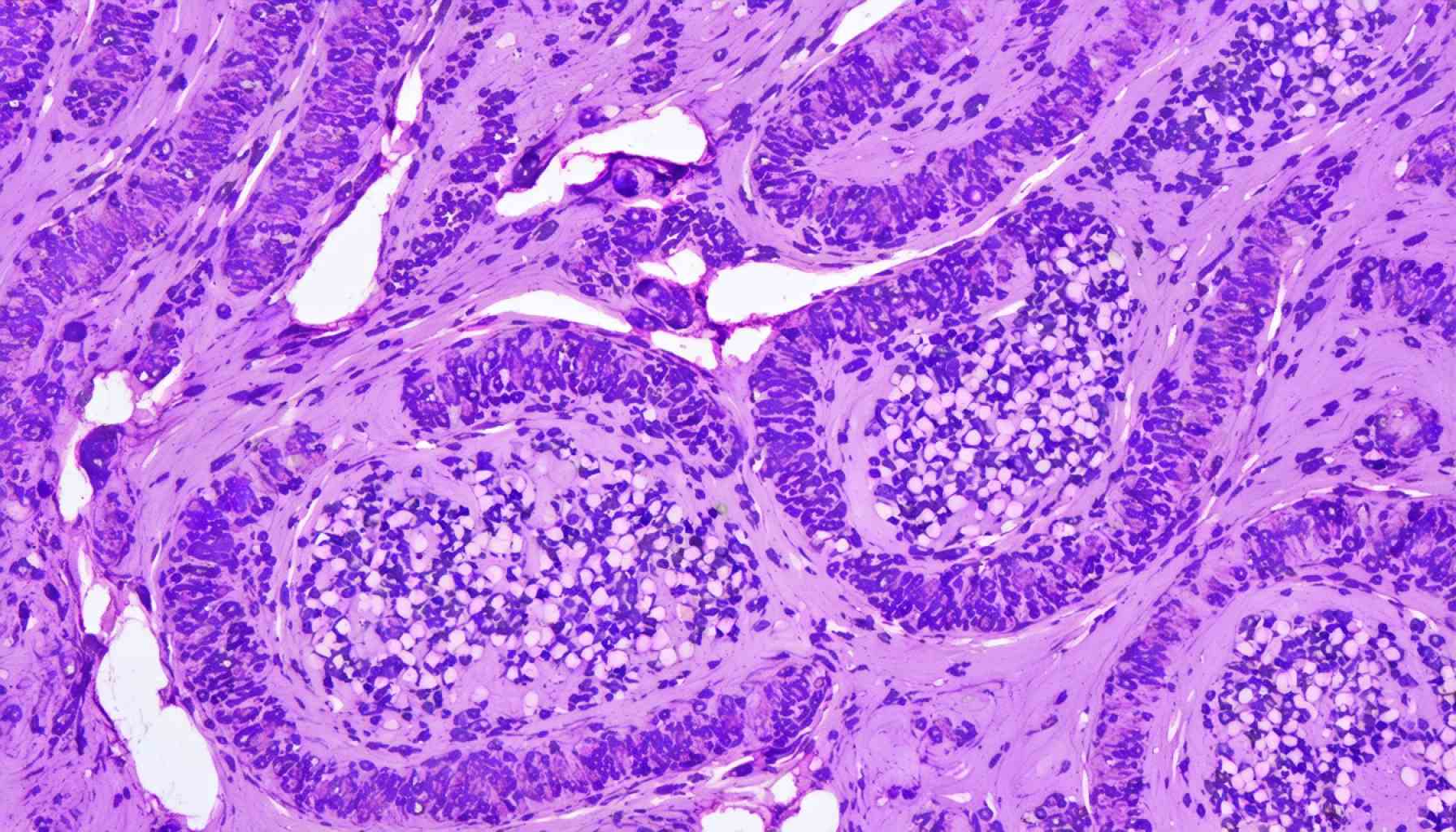- A breakthrough mRNA vaccine shows promise against aggressive pancreatic cancer by training the immune system.
- In a study with 16 patients, half experienced a powerful immune response, achieving over three years of cancer-free survival.
- The vaccine equips T cells to detect and destroy cancer cells, showing resilience against disease recurrence.
- This approach could extend to other severe cancers, offering hope for expansive cancer prevention and treatment.
- Though large-scale trials are needed, the research suggests a future where vaccines both prevent and fight cancer.
A breakthrough mRNA vaccine is shining a ray of hope against the notoriously aggressive foe that is pancreatic cancer. Scientists investigating this new front in the battle against the lethal disease have discovered a potentially game-changing strategy: teaching the immune system to launch a powerful attack.
Imagine a personal army of immune cells, trained and ready to wage war wherever traces of pancreatic cancer might lurk. This early study involving 16 valiant patients unveiled this concept with riveting results. Half of the participants exhibited a robust immune response, translating into over three years of cancer-free survival for most of them. This is an exceptional outcome considering the brutal resilience of pancreatic cancer, a disease often granting only a fleeting year of survival post-diagnosis.
In a bold move against cancer’s stealthy tenacity, the vaccine dramatically equips T cells to recognize and annihilate malignant threats. Researchers observed the tenacity of these specialized cells, standing the test of time, poised to pounce on any resurgence. This proactive defense, orchestrated like a symphony of precision, breaks new ground in cancer treatment.
Elusive before in its promise, the concept of a cancer vaccine now stretches its wings, hinting at a future where not just pancreatic, but various formidable cancers could be foiled.
While larger trials still loom, the spark ignited in these labs could illuminate the path for broader cancer prevention and treatment. The essence of this research whispers a tantalizing vision: a world where vaccines don’t just cure but armor against cancer’s first insidious stirrings. The journey is lengthy, yet the dream is vibrant—a horizon where innovation finally overtakes one of our most formidable adversaries.
“Miracle or Mirage? The Promising Future of mRNA Vaccines in Cancer Treatment”
Introduction
The emergence of a breakthrough mRNA vaccine against pancreatic cancer is a significant advancement in oncology. Recognized for its aggressive nature and high mortality rate, pancreatic cancer has traditionally been hard to treat, offering patients little hope for long-term survival. With the advent of this vaccine, new strategies in the fight against cancer are unfolding, marking a potential turning point in combating not only pancreatic cancer but other forms as well.
How mRNA Vaccines Work
The mRNA vaccine works by instructing cells to produce a protein that appears similar to one found on the surface of cancer cells. This acts as an “alert” to the immune system, essentially coaching it to recognize, target, and attack the malignant cells wherever they exist in the body. Here are the general steps involved:
1. Identify Target Protein: Choose proteins distinctive to cancer cells that can serve as a recognizable target for the immune system.
2. Develop mRNA Blueprint: Create a synthetic mRNA that encodes the target protein.
3. Inject mRNA: Administer the vaccine to deliver mRNA into human cells.
4. Protein Production: Cells use the mRNA instructions to produce the target protein, triggering an immune response.
5. Immune Response Activation: The immune system recognizes the new protein as a threat, directing T cells to destroy cancer cells displaying it.
Real-World Use Cases
While the research is in its nascent stages, the clinical success with 16 patients shows enormous potential. If replicated at scale, the vaccine could modify treatments for other hard-to-treat cancers using similar technology. Potential future applications could include:
– Hepatocellular Carcinoma: Due to its similarity in treatment challenges to pancreatic cancer.
– Ovarian and Lung Cancer: Cancers with currently limited treatment options.
Market Forecasts & Industry Trends
The mRNA technology market has witnessed a surge due to its success in COVID-19 vaccines. Experts predict that:
– The global mRNA therapeutics market will grow substantially, aiming for wider applications in clinical oncology.
– Research investments from major pharmaceutical companies could accelerate, focusing on vaccine development for various cancers.
Reviews & Comparisons
Compared to traditional cancer treatments such as chemotherapy and radiation, mRNA vaccines potentially offer:
– Targeted Therapy: Reduced side effects by selectively targeting cancer cells.
– Personalized Medicine: Capacity to tailor vaccines to individual genetic profiles.
– Rapid Development: Faster production and iteration compared to traditional methods.
Controversies & Limitations
Despite promising early trials, several challenges and questions need to be addressed:
– Long-Term Efficacy: Will the immune response remain vigorous over extended periods?
– Cost and Accessibility: High costs might limit widespread access initially.
– Potential Adverse Effects: As seen in other vaccine developments, rigorous studies are needed to ensure safety.
Features, Specs & Pricing
– Features: Personalization to patient’s cancer profile, easy adaptability for different cancer types.
– Pricing: Currently high due to research and development costs but expected to decrease with mass adoption and production efficiencies.
Security & Sustainability
– Security: The need to ensure data protection when personalizing medical treatment.
– Sustainability: Integrating eco-friendly production methods for vaccine synthesis could be a future focus.
Insights & Predictions
– Increased Collaboration: More partnerships between cancer research centers and biotech companies.
– Regulatory Streamlining: Authorities might develop expedited pathways for approval of such innovative treatments.
Tutorials & Compatibility
Those interested in learning more about this technology should pursue reputable scientific databases, engage with journal discussions, and follow biotech firms that are pioneering in this field like BioNTech and Moderna.
Pros & Cons Overview
Pros:
– Highly targeted and potentially more effective.
– Lesser side effects compared to chemotherapy.
– Adaptable to many cancer types.
Cons:
– High current costs limit accessibility.
– Long-term efficacy and safety still under study.
– Ethical concerns with genetic treatments.
Actionable Recommendations
– Stay Informed: Keep up with advances in mRNA technologies through reliable medical and scientific sources.
– Engage with Healthcare Providers: Discuss potential new treatment options if diagnosed with eligible cancers.
– Advocate for Research Funding: Support initiatives and policies that promote cancer research funding.
For more comprehensive details on this transformative healthcare technology, visit American Cancer Society or World Health Organization.




















